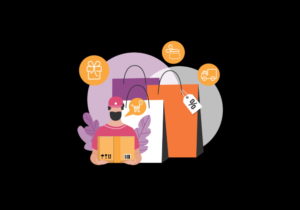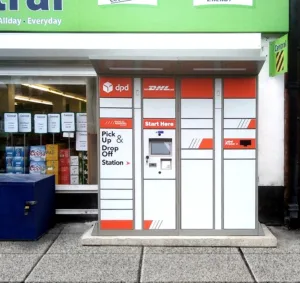By Julius Cerniauskas, CEO at Oxylabs
According to BRC-KPMG’s retail sales monitor, retail sales in the UK increased by 6.1 per cent in September on a like-for-like basis from the same period last year. However, the same month also saw a dramatic increase of 37 per cent in online non-food sales.
As we enter the Golden Quarter, ecommerce operations need to be clear about why they need an ethical approach to web scraping to stay ahead of the pack.
As we move towards Black Friday and into the Christmas trading period, those online or refocusing on ecommerce, need to get ready quickly, and the key to this is having a clearer understanding of their market. Central to this is information and that in turn requires data.
Information is so readily available today with the advent of the internet and sourcing reliable information can happen incredibly quickly.
The top five business benefits of ethical web scraping
Competitor analysis
Imagine being able to scrape product and price comparisons within minutes across tens of thousands of eCommerce channels, enabling you in turn to be able to influence consumer-buying decisions via data-driven pricing strategies and attracting price-sensitive customers.
SEO
The main goal of Search Engine Optimisation (SEO) is to increase website traffic and convert leads. With ethical web scraping, you can quickly collect critical data on keywords, PPC and even content. Then, with this data available you can adjust your own online campaigns.
Enhanced lead generation
As a business, for you to reach out to your prospective customers and generate more sales, you need qualified leads. That means getting all their details, such as the name of a company, street address, contact number, emails, and other necessary information.
How data is collected is absolutely critical, but so too is its veracity. This is where ethical web scraping steps in to collect public data from competitors’ websites, portals and forums, so you can find out who is following them and what they are saying. From there, the collected data will have to be aggregated and analysed to provide insights and patterns.
It’s all about brand
Anyone who sells online knows the pivotal importance of brand and how consumers perceive it. Ethical web scraping across multiple online channels can help executives to promptly collect vast amounts of data that can bring tangible insights once analysed. The real value is if this is done in conjunction with measuring your competitors over the same timeframe and that leads us to the final benefit.
Sentiment
From TripAdvisor to eBay, from Amazon to Yelp, the internet is awash with opinions on your business, drafted and posted by consumers on a daily basis. It is all publicly available and that is why you need ethical web scraping to automate this process of intelligence collection, which, once absorbed, can create new opportunities and allow companies to differentiate in highly competitive markets.
Ethical web scraping is a practise whose time has come.
When done ethically and correctly within the law, it can identify and extract vital public data which will help any eCommerce operation to maximise the critically important financial and marketing decisions they need to take in the build-up to the Golden Quarter and beyond.










